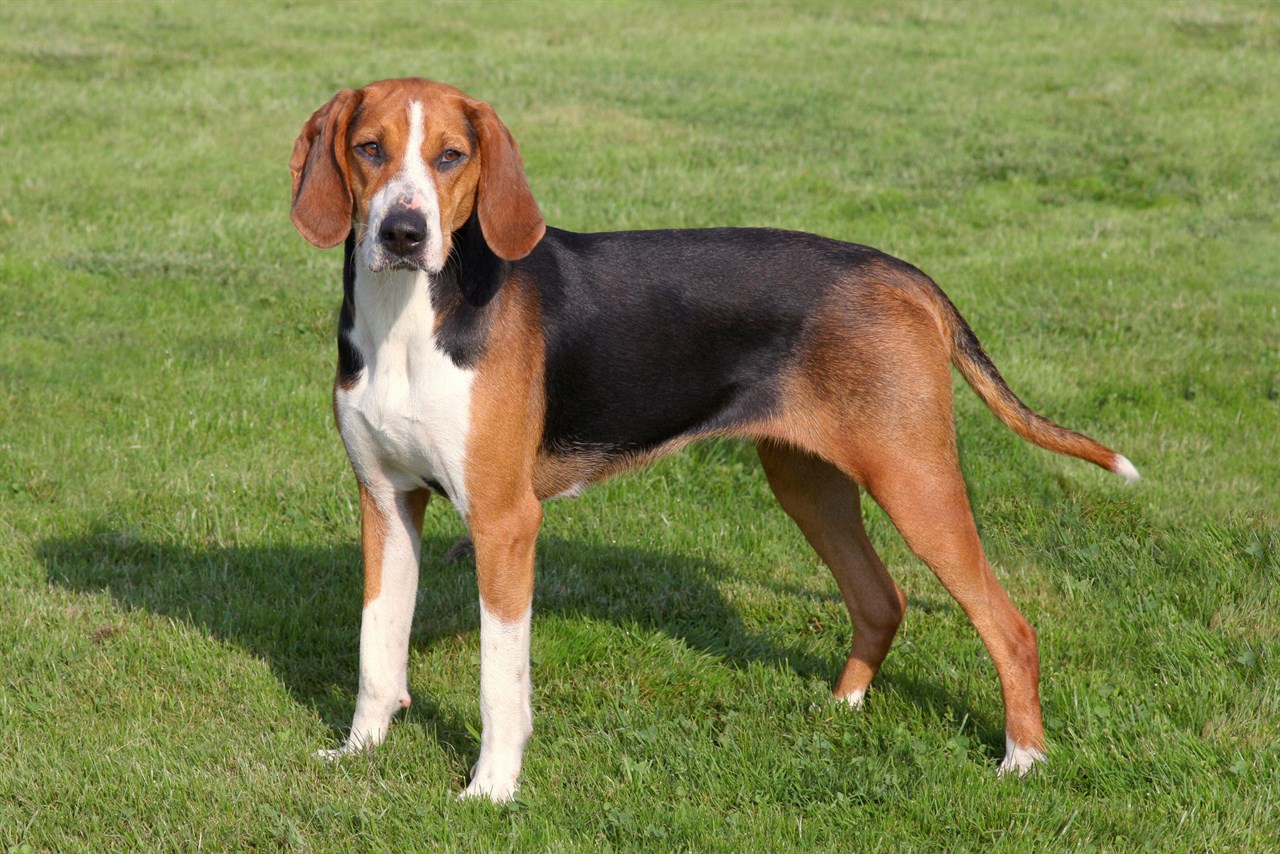Toilet Training the Hamiltonstovare

Toilet training, also known as housebreaking, is a crucial aspect of raising a well-behaved and well-adjusted Hamiltonstovare. Just like any other breed, this process requires patience, consistency, and positive reinforcement. Here are some guidelines to help you successfully toilet train your Hamiltonstovare.
Start Early
Begin toilet training as soon as you bring your Hamiltonstovare puppy home. Puppies have smaller bladders and need to eliminate more frequently than adult dogs.
Establish a Routine
Consistency is key. Set a regular schedule for feeding, potty breaks, and outdoor play. Puppies usually need to relieve themselves after eating, drinking, waking up, or playing. Take your puppy outside at these times to give them opportunities to go potty.
Choose a Designated Spot
Select a specific area in your yard for your Hamiltonstovare to use as a bathroom. Repeatedly taking your puppy to the same spot helps them associate the location with bathroom breaks.
Use Positive Reinforcement
Whenever your puppy eliminates outdoors, praise them lavishly and offer treats as a reward. Positive reinforcement helps them understand that they are doing the right thing. Be consistent with your praise and rewards to reinforce good behaviour.
Supervise Closely
Keep a close eye on your puppy when they are indoors, especially during the initial stages of toilet training. If you see signs that they need to go, such as sniffing the ground or circling, take them outside immediately.
Crate Training
Crate training can be a valuable tool in toilet training. Dogs naturally avoid soiling their living space, so using a crate can help you limit accidents indoors. Ensure the crate is appropriately sized, providing enough room for your puppy to stand, turn around, and lie down comfortably.
Watch for Signals
Pay attention to your Hamiltonstovare's body language. They may whine, scratch at the door, or sniff around when they need to go out. Being attentive to these signals allows you to act quickly.
Clean Accidents Promptly
If accidents happen indoors (which is normal during the early stages), clean them up promptly and thoroughly. Use an enzymatic cleaner to eliminate odours, as residual smells can attract your puppy back to the same spot.
Be Patient
Remember that toilet training takes time and that every puppy progresses at their own pace. Avoid scolding or punishing your puppy for accidents, as this can create anxiety and hinder the training process.
Gradual Independence
As your Hamiltonstovare puppy grows, they will gain better bladder control. You can gradually extend the time between bathroom breaks and give them more freedom indoors.
Consistency Matters
Even after your Hamiltonstovare is fully housebroken, it's important to maintain a consistent schedule to prevent regression. Dogs thrive on routine.
Seek Professional Help
If you encounter persistent difficulties with toilet training or if your Hamiltonstovare seems to have frequent accidents despite your efforts, consider seeking guidance from a professional dog trainer or behaviourist.
Remember that patience and positive reinforcement are the keys to successful toilet training. With time and consistent effort, your Hamiltonstovare will learn where and when it's appropriate to eliminate, leading to a well-mannered and house-trained companion.
Hamiltonstovare puppies for sale
- Find Hamiltonstovare puppies for sale in ACT
- Find Hamiltonstovare puppies for sale in NSW
- Find Hamiltonstovare puppies for sale in NT
- Find Hamiltonstovare puppies for sale in QLD
- Find Hamiltonstovare puppies for sale in SA
- Find Hamiltonstovare puppies for sale in TAS
- Find Hamiltonstovare puppies for sale in VIC
- Find Hamiltonstovare puppies for sale in WA